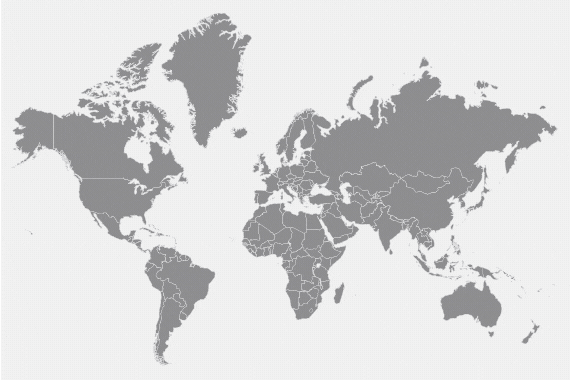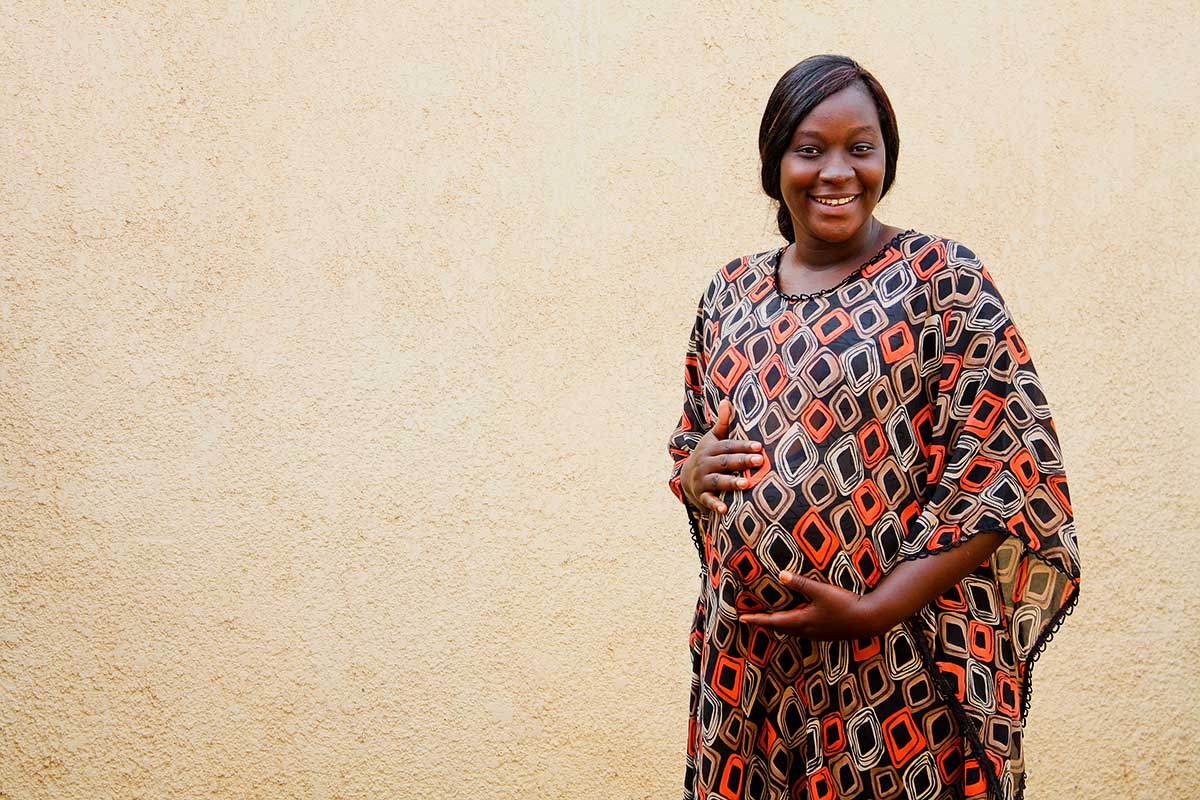Our History
The Kirk family established Kirk Humanitarian in 2002 with the intent to reduce global inequity by improving maternal and infant health.
In high-income countries, most pregnant women take a multiple micronutrient supplements (MMS), often containing 15 or more vitamins and minerals. By contrast, pregnant women in low- and middle-income countries (LMICs) only have access to a supplement containing just two vitamins and minerals: iron-folic acid (IFA). This inequity, along with other factors, leads to women in LMICs more likely to experience poor pregnancy and birth outcomes – infants are more likely to die prematurely and those that survive are more likely to experience poorer physical growth and cognitive function.
Our Work
At Kirk Humanitarian, we help alleviate this inequity by focusing on an existing, proven, affordable intervention for malnutrition: UNIMMAP MMS. We donate an initial supply to qualified grantees, including governments, local/international NGOs and others. We partner with manufacturers, develop guidance, and look for new opportunities to lower the cost and increase demand for UNIMMAP MMS. We facilitate introduction of UNIMMAP MMS programs into antenatal care programs informed by implementation science. And we help our partners adopt programs and policies that support and optimize UNIMMAP MMS introduction on a large scale.



Where We Supply MMS
We donate UNIMMAP MMS to 104 countries around the world, helping partner organizations deliver the supplements directly to pregnant women and assisting governments as they transition from IFA to MMS programs.
Our Vision
A world where every mother receives the nutrition she needs, and every child is born healthy.
Our Mission
To support the nutrition, health, and well-being of women and babies by making MMS available, accessible, and more widely taken by pregnant women in LMICs.
Our Approach and Impact
We bring technical maternal nutrition expertise and marketing and manufacturing experience to help catalyze and accelerate, availability and use of UNIMMAP MMS in LMICs. We focus our work in four areas:
Poor nutrition during pregnancy leads to higher rates of infection and complications that can be devastating to both mother and baby. It is clear that multiple micronutrient supplements (MMS) help ensure women and children the brightest future possible. This is why MMS must become available and accessible to all women around the world.”
Robert Black, MD, Johns Hopkins University

